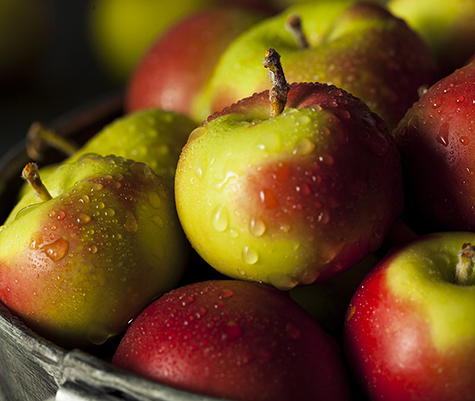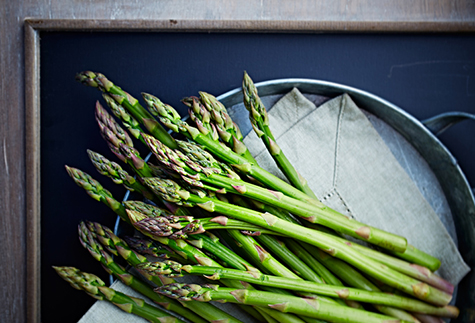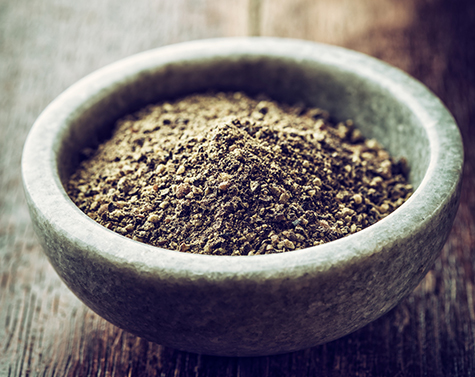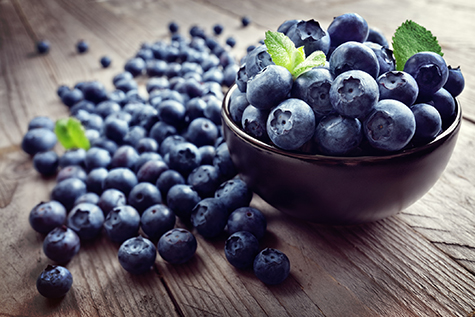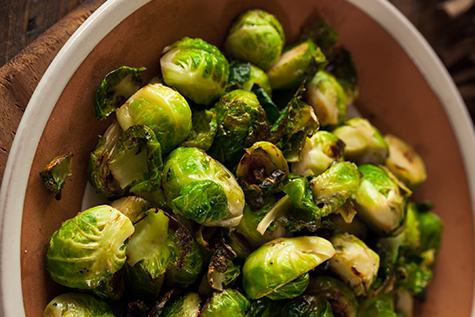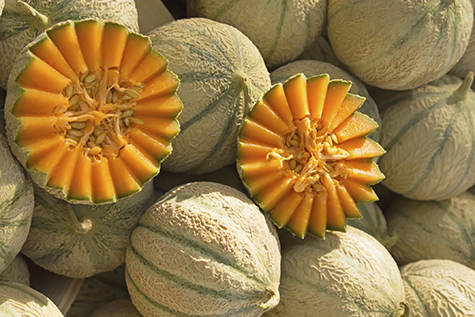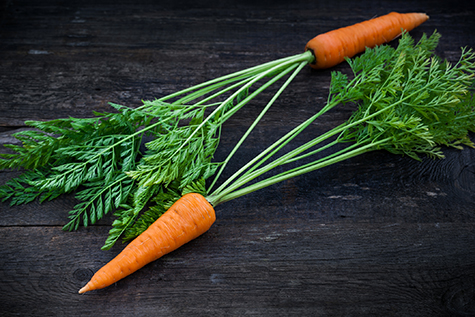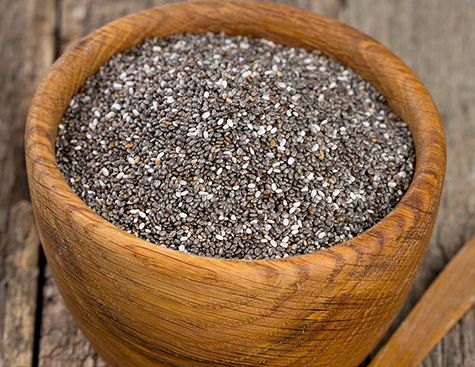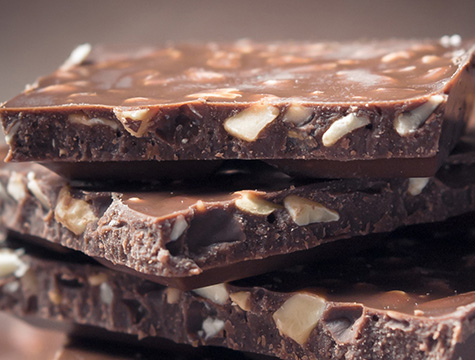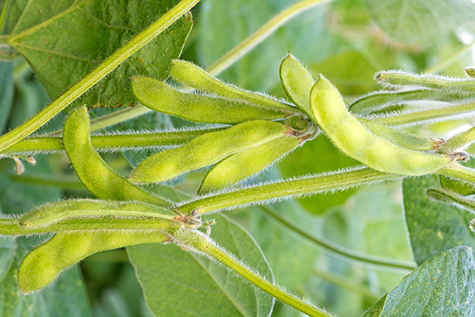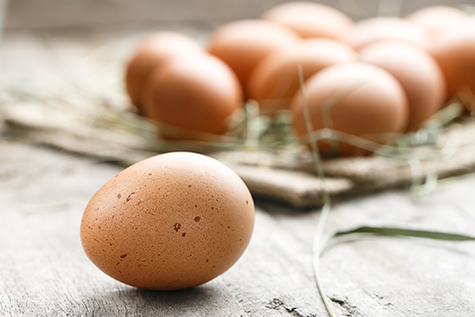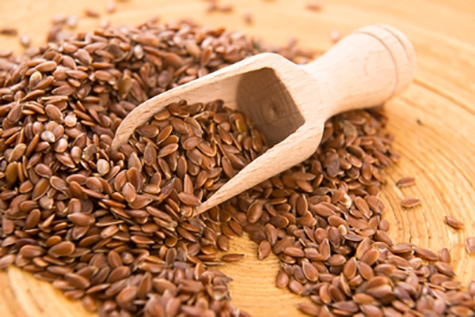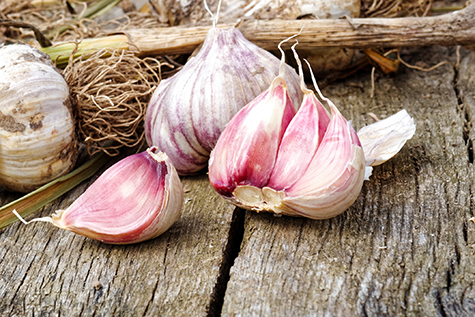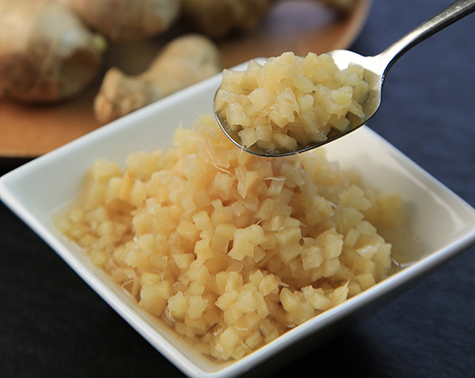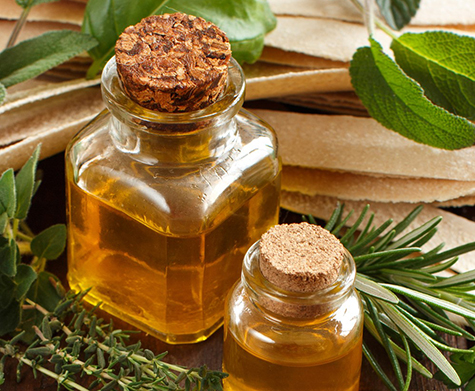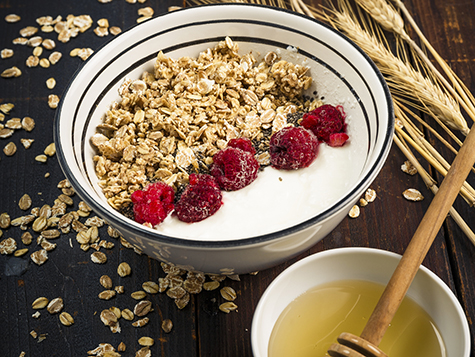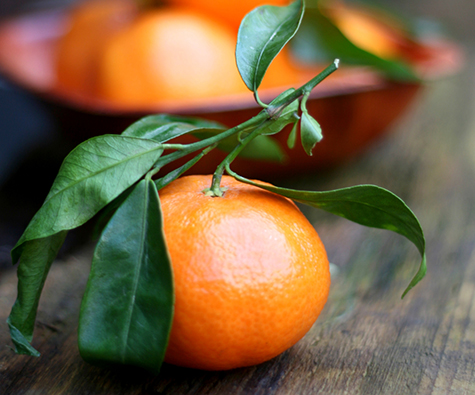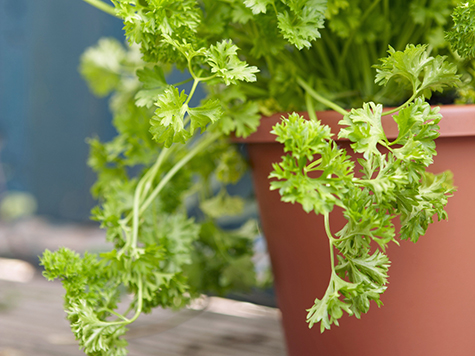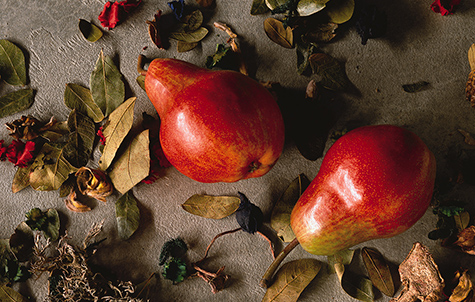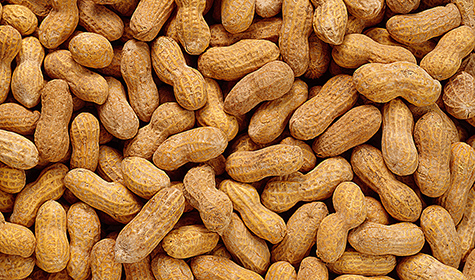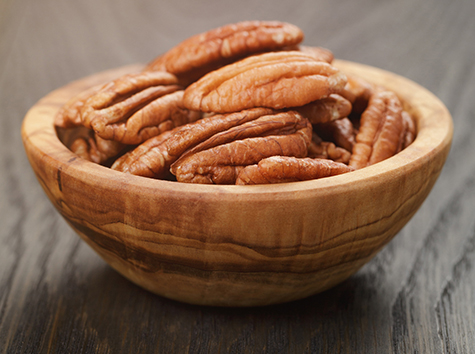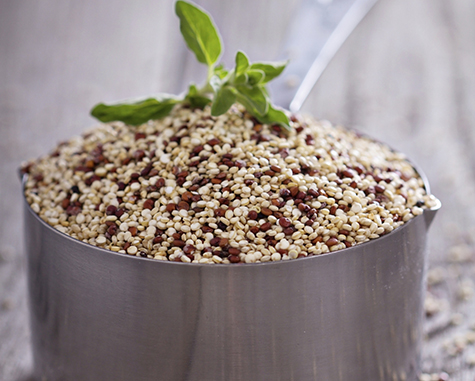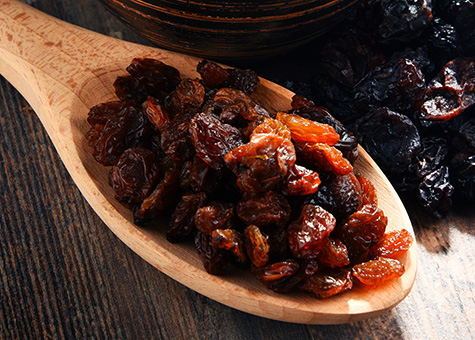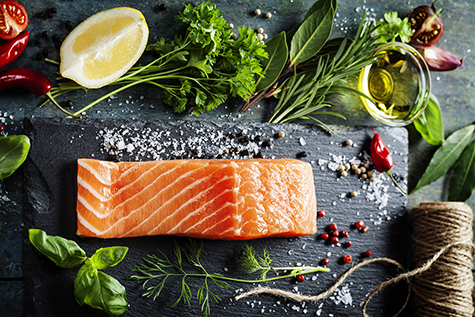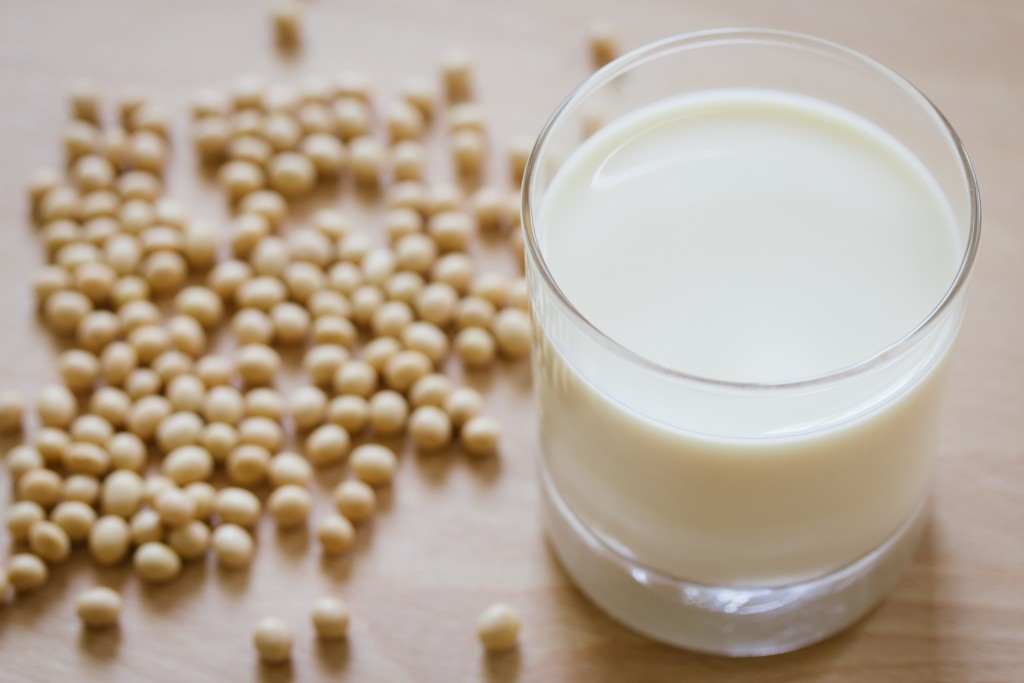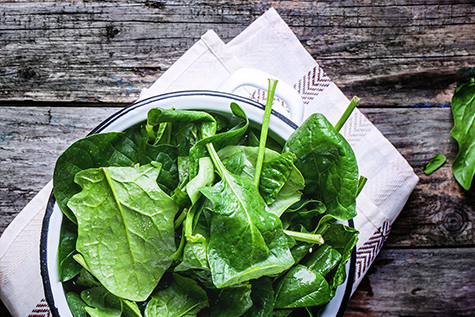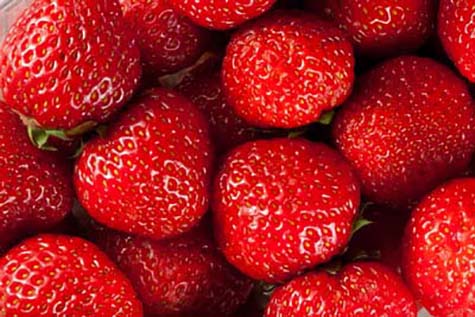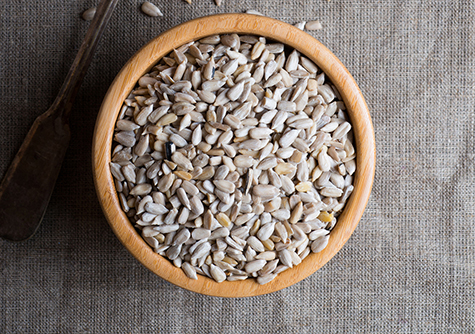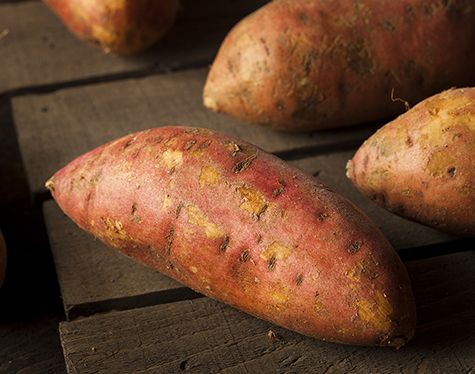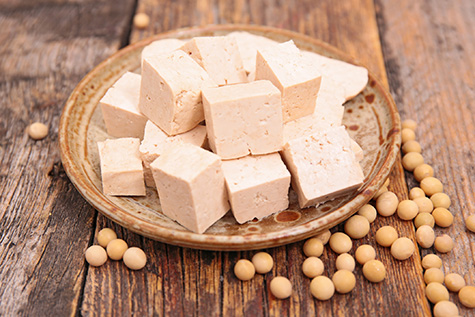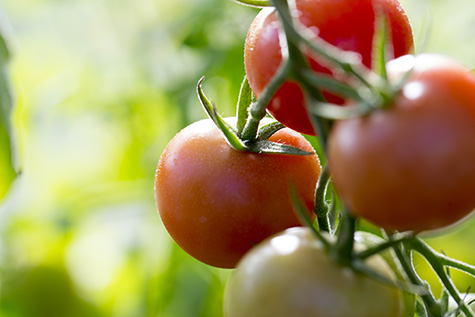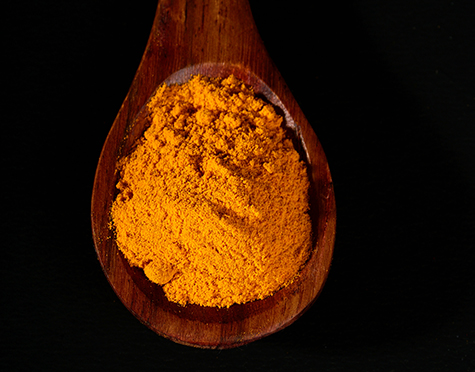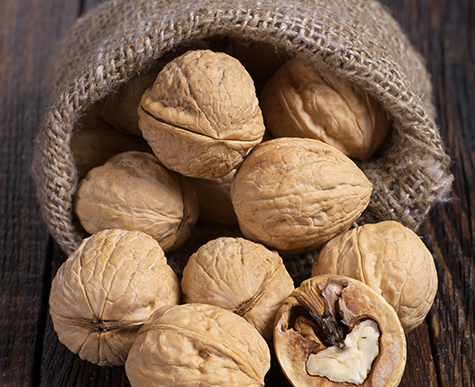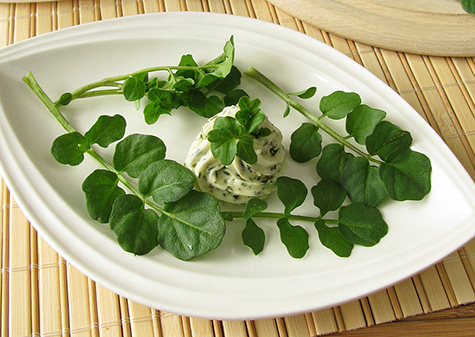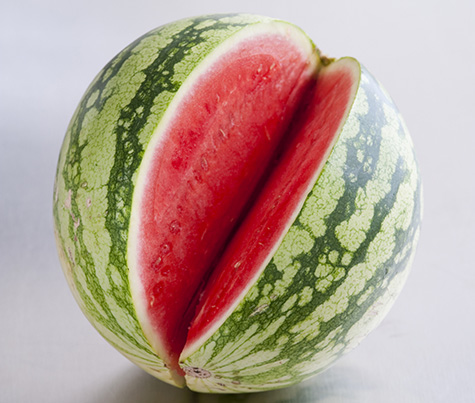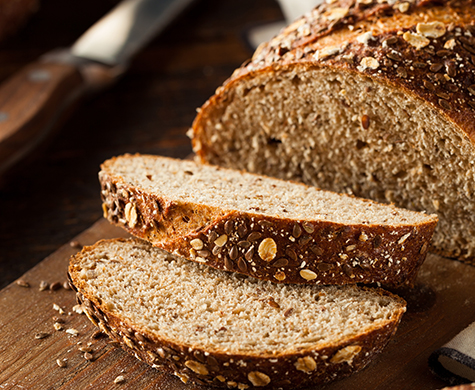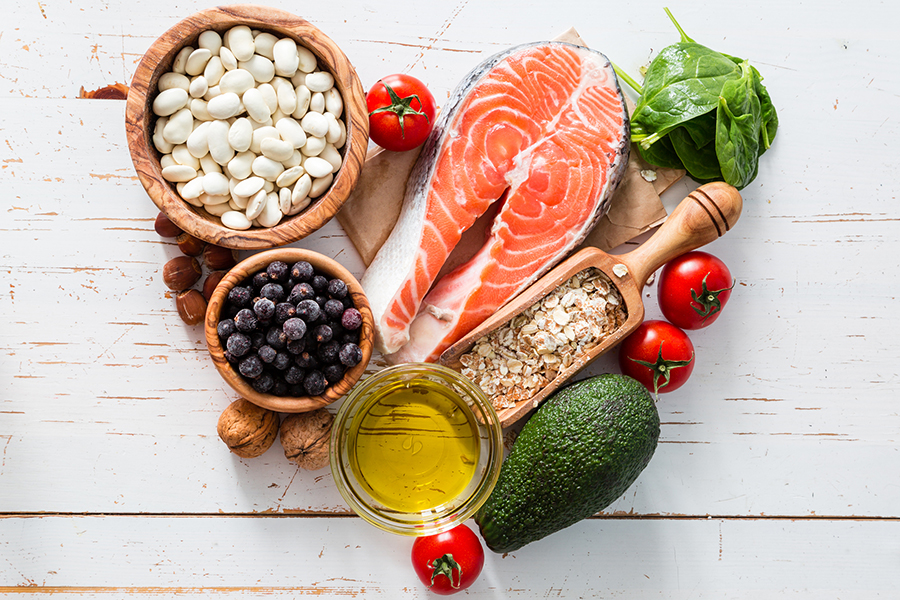The Top 50 Foods To Eat for Your Heart

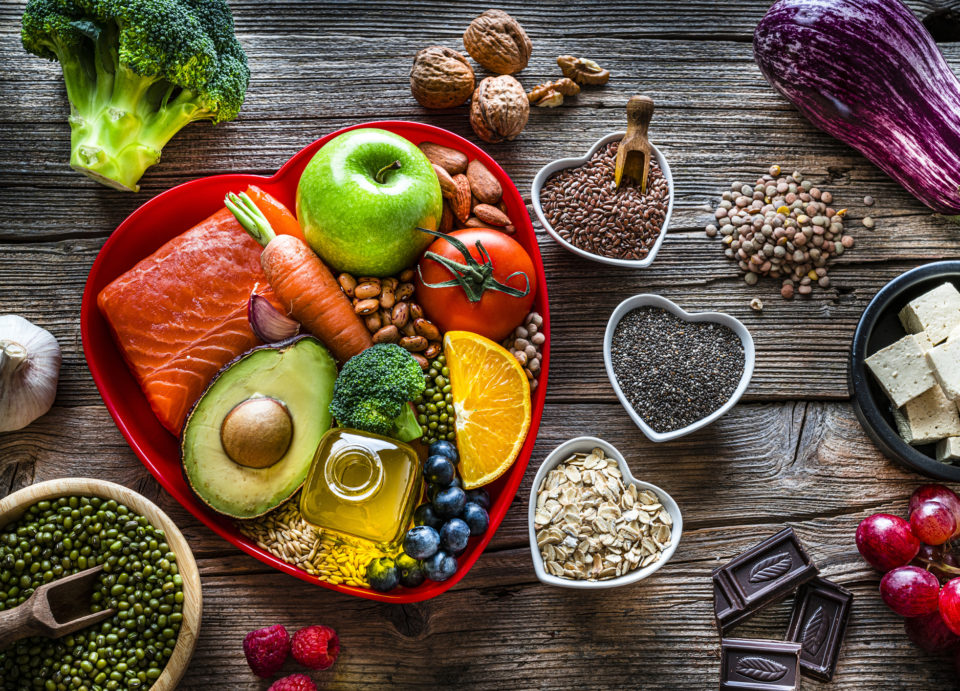
You have probably heard about “heart healthy” foods. So many whole foods are considered
supportive of the cardiovascular system for a number of reasons ranging from fiber content to omega-3 fatty acids, and antioxidant compounds. Because February is National Heart Month , we wanted to focus on foods that are good for your heart.
Here is the ultimate FoodTrients list of the Top 50 foods we love for your heart. Mix and match these healthy whole foods to include them in your diet daily to support your heart.
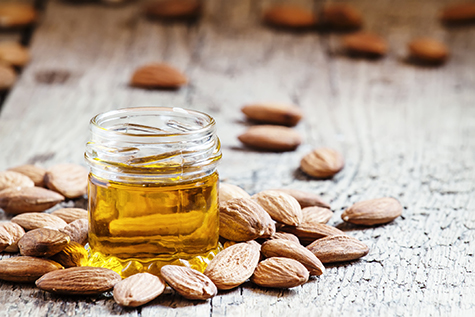 1. Almonds
1. Almonds
Packed with healthful plant sterols, fiber, and heart-healthy fats, almonds may help lower “bad” LDL cholesterol. Grab a small handful a day and use caution with portion size because almonds, like all nuts, are dense in calories.
2. Apples
An apple a day may, in fact, keep the doctor away. Apples contain vitamin C in addition to 5 grams of fiber per medium-sized fruit to help decrease total and LDL (bad) cholesterol. Include an apple for your snack for a burst of the potent antioxidant quercetin.
3. Asparagus
A vegetable we celebrate as it comes into season in the springtime, don’t underestimate asparagus! Heart healthy compounds abound; asparagus is full of vitamin K, folate and unique antioxidant asparaguisic acid for anti-inflammatory cardiovascular support.
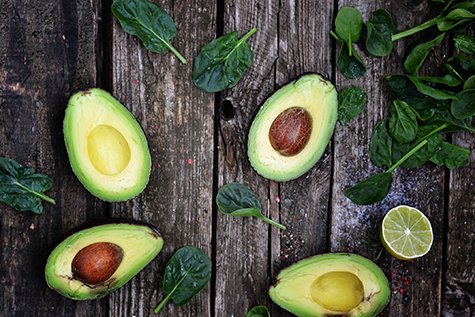 4. Avocado
4. Avocado
Studies have linked the healthy unsaturated fats in avocado to a reduced risk of heart disease, lower LDL cholesterol levels, and a decrease in oxidative stress in the bloodstream. Include sliced avocado on salads, tacos, casseroles and eggs.
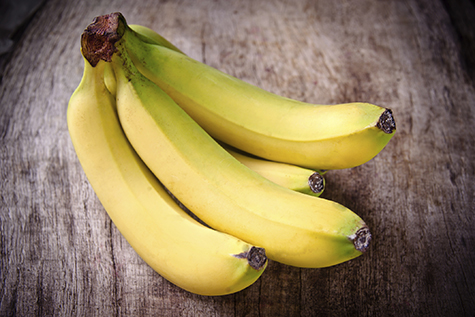 5. Bananas
5. Bananas
The ultimate convenience food, bananas surely support heart health with their high levels of b-vitamins and fiber at 3 grams per medium-sized fruit. A perfect pre- or post-workout snack, bananas contain electrolytes like potassium to help you replenish; there’s nothing more heart healthy than physical activity!
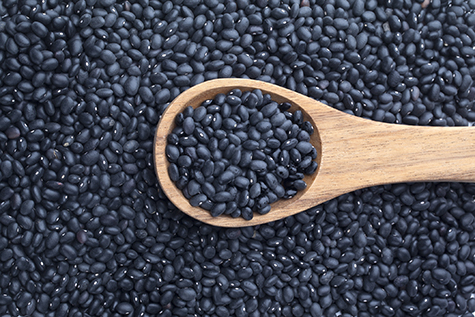 6. Black Beans
6. Black Beans
Full of heart healthy potassium, magnesium, folate, iron, zinc, and protein, studies show that black beans can help lower blood pressure. Their total and soluble fiber content helps control both cholesterol and blood sugar levels. All beans are heart healthy, but black beans have the added benefit of anthocyanin antioxidants: petunidin, delphinidin, and malvidin.
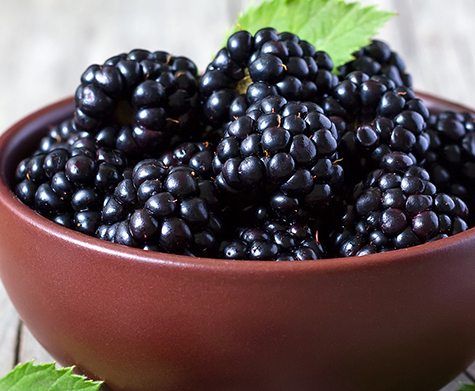 7. Blackberries
7. Blackberries
When you see this beautiful dark blue color, think heart health. Blackberries are packed with antioxidants like vitamin C, ellagic acid, tannins, ellagitannins, quercetin, gallic acid, anthocyanins, and cyanidins to support the cardiovascular system.
8. Black Pepper
The spiciness of black pepper is attributed to a compound called peperine. Black pepper has been used in traditional medicine to support both respiratory and cardiovascular systems. Pro tip: increase black pepper in your food as you decrease salt.
9. Blueberries
Full of heart healthy antioxidants called anthocyanins, studies indicate that adding blueberries to the diet is a heart healthy habit. Packed with vitamin C and folate, blueberries may help fight free radicals and lower homocysteine, a lab to monitor related to cardiovascular health.
10. Brazil nuts
These nuts contain high levels of the powerful antioxidant selenium. Increased cardiovascular disease has been observed in populations where blood levels of selenium are low. Studies have known as little as two per day helped participants meet their needs.
11. Brussels sprouts
You can love these members of the cruciferous family, too, if you prepare them correctly. Chop in half and roast in the oven or shred and add to a salad for a fresh spin on a heart healthy veggie. Aside from vitamins, minerals, and fiber, Brussels sprouts contain unique anti-inflammatory and free-radical scavenging secondary metabolites including glucosinolates, S-methylcysteine sulfoxide, flavonoids, anthocyanins, coumarins, carotenoids, antioxidant enzymes, and terpenes.
12. Cantaloupe
This modest melon is actually packed with heart healthy compounds. The orange color tells you it contains carotenoids like Vitamin A. Also full of vitamin C and fiber, include cantaloupe in the diet for your heart.
13. Carrots
In studies, dark orange/yellow colored vegetables have emerged as among the most protective against cardiovascular disease. In one study, participants who had the least carrot intake had the least amount of cardiovascular risk reduction. Participants who ate at least ¼ cup more carrots had a significantly lower risk. Carrots are the perfect heart healthy snack dipped in hummus or served with a healthy dip.
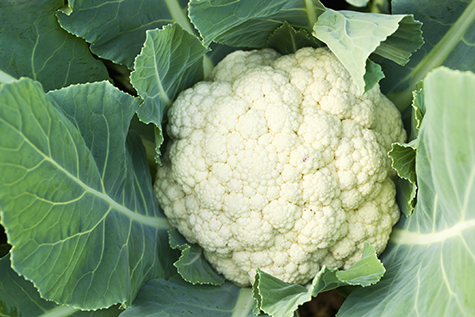 14. Cauliflower
14. Cauliflower
Another cruciferous powerhouse, cauliflower is so versatile and an important heart-healthy food. Studies show that cauliflower contains the same beneficial sulfuric compounds as other crucifers so include it as “rice”, roasted, pureed, or even made into pizza crust!
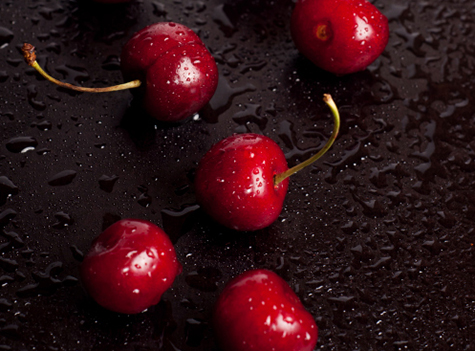 15. Cherries
15. Cherries
Sweet cherries, sour cherries, dried cherries, and cherry juice — they’re all good as long as they don’t come with added sugars. This fruit is packed with antioxidants called polyphenols which create their vibrant color and may support the health of blood vessels.
16. Chia seeds
Boasting one of the highest fiber contents out there, tiny chia seeds add about 5 grams per Tablespoon. They are also a rich source of protein and healthy omega-3 fatty acids. Sprinkle them on salad or into cereal for a crunch or stir them into a liquid where they expand and incorporate into the mixture.
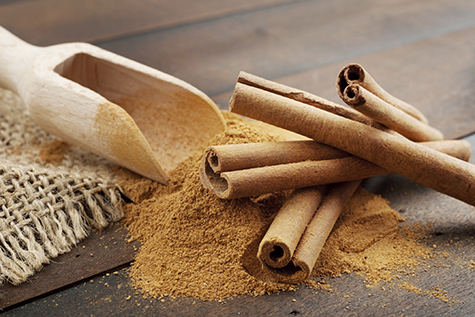 17. Cinnamon
17. Cinnamon
This common kitchen spice packs a nutrition punch. Best known for helping lower blood sugar levels, cinnamon also supports heart health by reducing triglycerides, total and LDL cholesterol.
 18. Coffee
18. Coffee
That’s right; coffee has been linked in some studies to support the heart. Though conflicting research does exist, a review of many studies on the subject found an inverse association between increased coffee consumption and cardiovascular risk.
19. Dark chocolate
Skip milk or white chocolate and aim instead of 70% or higher cocoa content which contains antioxidant flavonols helping blood flow and blood pressure.
20. Edamame
Find edamame as an appetizer in Japanese restaurants or as a snack, dried or frozen in your local grocery store. A cup of edamame contains 8 grams of heart-healthy fiber in addition to antioxidant isoflavones daidzein and genestein.
21. Eggs
Eggs have come a long way in relation to heart disease as studies have shown that consuming dietary cholesterol does not appear to raise blood levels the way it was once thought. Yolks of eggs contain significant amounts of protein, zinc, choline, and vitamins A and D. Buy omega-3 eggs for an added heart health bonus.
22. Flaxseed
The body cannot break flaxseeds open during digestion, so grinding them is the best way to get access to their heart healthy effects. Full of fiber, phytochemicals called lignans, and omega-3 fatty acids, flax seeds can be added to cereal, granola, muffins, and salads.
23. Garlic
This pantry staple contains an antioxidant called allicin, which may help thin the blood and lower cholesterol. Studies have shown that garlic can reduce your risk of heart attack and stroke.
24. Ginger
Another heart health powerhouse you have in your cupboard, the herb ginger is another strong anti-inflammatory because of its gingerol and other phenolic antioxidant compounds. Include in both sweet and savory dishes as well as in dressings and sauces for a delicious taste as well as health benefits.
25. Green Tea
Aside from supporting hydration, green tea contains powerful antioxidants called catechins which may reduce risk of cardiovascular disease and stroke. In one study, those who consumed 3 cups or more of tea per day had a 21% lower risk of stroke than those consuming less than 1 cup per day regardless of their country of origin.
26. Olive Oil
Olives and olive oil alike are rich in heart-healthy antioxidants that may help protect your blood vessels. When olive oil replaces saturated fat (like butter), it can help lower total and LDL cholesterol levels because of the high monounsaturated fat content.
27. Oatmeal
The type of fiber in oats can help your heart by lowering LDL. Studies have shown that oats (and barley as well) contribute to reducing LDL when included in the diet. In fact, in one study, dietary changes reduced LDL cholesterol by nearly 30%!
28. Oranges
Oranges are packed with the cholesterol-fighting fiber pectin and potassium, which may help control blood pressure. Bonus: oranges and other citrus are rich in antioxidant vitamin C. One large study showed that one extra serving of fruit and vegetables a day reduced the risk of stroke by 4% and an incredible 19% reduction of risk from consuming one extra serving of citrus fruit a day.
29. Onion
Onions are an allium vegetable packed with the antioxidant quercetin. Heart health benefits abound and onions are linked in studies with supporting detoxification and cardiovascular health.
30. Parsley
Often used in American cuisine as a garnish, other cultures incorporate this herb into dishes for the flavor and incredible health benefits. Packed with powerful antioxidants vitamin C and flavonoids like luteolin, parsley deserves a place at the dinner table.
31. Pears
Incredibly rich in fiber, pears also contain heart healthy vitamins C and K. Many of the pear’s benefit, including most of the fiber and antioxidant flavonoids, are contained in the skin of the fruit so be sure to eat your pears unpeeled.
32. Peanuts
Peanuts sometimes gets a bad reputation but in fact, they contain among the highest antioxidant content of any nut. The also boast heart healthy minerals like copper, phosphorus as well as b-vitamins and vitamin E. Make sure to choose a variety of peanuts or peanut butter without added sugar, salt or oils.
33. Pecans
Rich in heart healthy monounsaturated fats, one study found that by adding in 2.5 ounces of pecans in the diet, participants saw a 10% decrease in LDL cholesterol and a 5% increase in good HDL cholesterol without gaining body weight.
 34. Pomegranates
34. Pomegranates
These beautiful fruits are rich in antioxidants called flavonoids which support the cardiovascular system and may help fight free radical damage. Better yet? Pomegranate arils are loaded with vitamin C!
35. Quinoa
A protein-packed gluten-free whole grain, quinoa is rich in vitamins, minerals, antioxidants and so much fiber. In fact, quinoa is higher in fiber than many other whole grains at nearly 5 grams per cup.
36. Raisins
Both grapes and raisins offer heart healthy benefits but raisins are high in iron to support healthy blood cells. One small box (1.5 oz) contains about 1 mg of this essential mineral.
37. Red Wine
If you drink alcohol, a little red wine may be a heart-healthy choice. Resveratrol and catechins, two antioxidants in red wine, have been shown in some studies to protect artery walls. Alcohol can also boost HDL, the good cholesterol. Keep in mind that too much alcohol hurts the heart so definitely use in moderation if at all.
38. Salmon
Salmon is a classic heart-healthy food. Rich in minerals and healthy omega-3s fats, the American Heart Association recommends two servings of salmon per week for cardiovascular support.
39. Soy Milk
Soy products including soy milk have proven heart healthy in studies, partially due to healthy antioxidant flavonoids called isoflavones, daidzein and genistein. Equal to regular milk in protein, unsweetened soy milk is heart-healthy addition to the diet.
40. Spinach
Rich in both fat and water soluble vitamins including heart healthy folic acid and vitamins K and A, spinach is a versatile and delicious green leafy veggie. Get creative by blending baby spinach into smoothies, adding into omelets, salads, and casseroles.
41. Strawberries
Strawberries contain more vitamin C per serving than some citrus. Including them in the diet has been linked strongly to a reduction in platelet aggregation so eat strawberries when they are in season or buy them frozen for easier storage.
42. Sunflower Seeds
These tiny seeds may be under appreciated. Commonly used in a variety of ways in the diet, they are rich in heart health mono-unsaturated fats. Snack on sunflower seeds (bonus if you have to shell them yourself) or sprinkle on salads or into granola.
43. Sweet Potatoes
Sweet potatoes contain heart healthy fiber, vitamin A, and lycopene. Like all types of potatoes, sweet potatoes are packed with vitamins and minerals. Some varieties are quite large so make sure to choose an appropriate portion when eating any potato – or share one with a friend!
44. Tofu
A healthy vegetarian and vegan friendly protein, soy contains heart-healthy minerals, fiber, antioxidants and polyunsaturated fats. Soy takes on the taste of whichever spices or sauces you use to cook it and can be a wonderful addition to your healthy diet.
45. Tomatoes
Actually a fruit, tomatoes are very heart healthy. Packed with vitamin C and the antioxidant lycopene (enhanced by cooking!), use tomatoes daily in sauces, soups, stews, eggs, and on salads.
46. Turmeric
Easy to find in a natural grocery store or market, turmeric root contains the powerful anti-inflammatory compound curcumin. A bright yellow spice, the base for many curry powders, may turn your counters yellow but can be added to dressings, sauces, milk and desserts.
47. Walnuts
These healthful nuts are packed with omega-3 fatty acids in the form of alpha-linolenic acid (ALA) in addition to minerals manganese and copper. Make sure and eat the skin if you can, to get access to the antioxidant phenolic acids, tannins, and flavonoids.
48. Watercress
A vibrant green leafy vegetable, watercress is a current super-food trend for good reason. Studies show that watercress is, in fact, the most nutrient-dense leafy green scoring high in fiber, potassium, protein, calcium, folate, vitamin B12, vitamin A, and vitamin D.
49. Watermelon
The bright red color of watermelon indicates heart healthy properties. Like tomatoes, watermelon contains the antioxidant carotenoid lycopene as well as vitamin C and minerals potassium and magnesium which may help support a healthy blood pressure.
50. Whole Wheat
Wheat products can have a negative connotation in the age of avoiding a protein in wheat called gluten but it is in fact a healthy whole grain with heart health benefits. Those with certain medical conditions like Celiac disease should avoid it but for those who eat whole wheat, they will benefit from the high fiber and minerals like manganese, copper, magnesium and pantothenic acid
Resources
Berryman CE, Preston AG, Karmally W, Deckelbaum RJ, Kris-Etherton PM. Effects of almond consumption on the reduction of LDL-cholesterol: a discussion of potential mechanisms and future research directions. Nutrition reviews. 2011 Apr 1;69(4):171-85.
Jenkins DJ, Kendall CW, Marchie A, Faulkner DA, Wong JM, de Souza R, Emam A, Parker TL, Vidgen E, Trautwein EA, Lapsley KG. Direct comparison of a dietary portfolio of cholesterol-lowering foods with a statin in hypercholesterolemic participants. The American journal of clinical nutrition. 2005;81(2):380-7.
Lopez-Garcia E, van Dam RM, Willett WC, Rimm EB, Manson JE, Stampfer MJ, Rexrode KM, Hu FB. Coffee consumption and coronary heart disease in men and women. Circulation. 2006;113(17):2045-53.
Manchali S, Murthy KN, Patil BS. Crucial facts about health benefits of popular cruciferous vegetables. Journal of Functional Foods. 2012;4(1):94-106.
Hooper L, Kroon PA, Rimm EB, Cohn JS, Harvey I, Le Cornu KA, Ryder JJ, Hall WL, Cassidy A. Flavonoids, flavonoid-rich foods, and cardiovascular risk: a meta-analysis of randomized controlled trials. The American journal of clinical nutrition. 2008;88(1):38-50.
Messina V. Nutritional and health benefits of dried beans. The American journal of clinical nutrition. 2014 Jul 1;100(Supplement 1):437S-42S.
Rajaram S, Burke K, Connell B, Myint T, Sabaté J. A monounsaturated fatty acid–rich pecan-enriched diet favorably alters the serum lipid profile of healthy men and women. The Journal of nutrition. 2001;131(9):2275-9.
SHARMA DS. Health Benefits of Spices (Review). International Journal of Scientific Research. 2016;4(9).
Khan N, Mukhtar H. Tea and health: studies in humans. Current pharmaceutical design. 2013;19(34):6141-7.
Thomson CD, Chisholm A, McLachlan SK, Campbell JM. Brazil nuts: an effective way to improve selenium status. Am J Clin Nutr. 2008;87(2):379-84.
American Heart Association. The American Heart Association’s Diet and Lifestyle Recommendations. http://www.heart.org/HEARTORG/HealthyLiving/HealthyEating/Nutrition/The-American-Heart-Associations-Diet-and-Lifestyle-Recommendations_UCM_305855_Article.jsp#.WM1kDzvyvIU. Updated 3/15/17. Accessed 3/18/17.
Academy of Nutrition and Dietetics. Healthy Eating for Men http://www.eatright.org/resource/health/wellness/healthy-aging/healthy-eating-for-men. Published 6/23/17. Accessed 3/18/17.
Academy of Nutrition and Dietetics. Heart Health Tips for Men. http://www.eatright.org/resource/health/wellness/heart-and-cardiovascular-health/heart-health-for-men. Published 1/13/15. Accessed 3/18/17.
